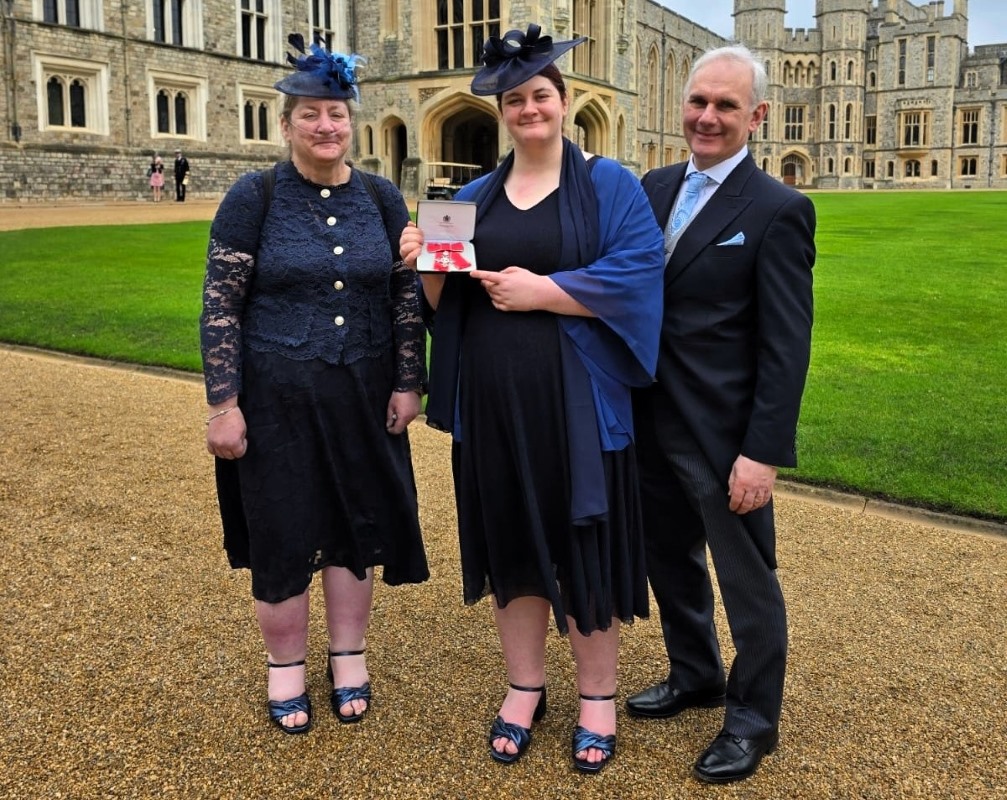ECA urges Westminster to focus on local skills improvement or face skilled electrician shortfall

Leading electrotechnical and engineering services body ECA has urged policymakers to rethink their approach to electrical skills development.
Speaking at the Westminster Employment Forum, ECA Chief Operating Officer Andrew Eldred warned ministers that individuals undertaking net zero electrical installations without the proper skills, knowledge, experience and behaviours are not competent, and potentially unsafe.
Andrew was joined at the event, titled Next steps for local skills improvement plans and regional skills in England, by speakers including Andy Burnham, Mayor of Greater Manchester; Parminder Kohli, Commissioner, Social Mobility Commission; Mark Hilton, Policy Delivery Director, BusinessLDN; and Suzanne Caldwell, Chief Executive, Cumbria Chamber of Commerce.
The forum focused on next steps for devolved skills policy and local skills improvement plans (LSIPs) in England, following the launch of the Local Skills Improvement Fund (LSIF).
ECA Chief Operating Officer Andrew Eldred said:
“The shortage of qualified electricians in England, intensified by a broken skills pipeline, poses a serious but solvable challenge to achieving national, regional and local net zero targets.
ECA urges policymakers, industry leaders and educators to endorse our Recharging Electrical Skills Charter to build a competent electrotechnical workforce which can deliver the essential expansion of net zero technologies, including solar PV, battery storage and electric vehicle charge points.”
Out of around 200,000 electricians practising in England, at least 35,000 currently lack industry recognised Level 3 qualifications. In addition, fewer than 10 per cent of the 20,000 learners currently enrolling onto publicly funded classroom-based electrical courses each year subsequently progress into an apprenticeship.
To meet these challenges, ECA’s Recharging Electrical Skills Charter proposes a number of policy changes to upskill the existing electrical workforce and grow electrical apprentice starts in England from 7,500 to 10,000 annually.
Andrew Eldred added:
“Through closer engagement and coordination locally we can start to bring the number of apprentice starts up to a sustainable level. We can also create appropriate green upskilling opportunities for qualified electricians using the industry’s own ‘Electrician PLUS’ kitemark.
“Policymakers also need to recognise that the present Skills Bootcamp approach in England is not fit for purpose for equipping electricians with the right qualifications to install low-carbon technologies efficiently and safely.”
The Westminster conference brought industry and policymakers together to evaluate lessons learnt from the first phase of LSIP work, and to examine initiatives aimed at devolving skills and training provision to align with local strategies, as set out in the LSIPs published in August 2023.











Responses